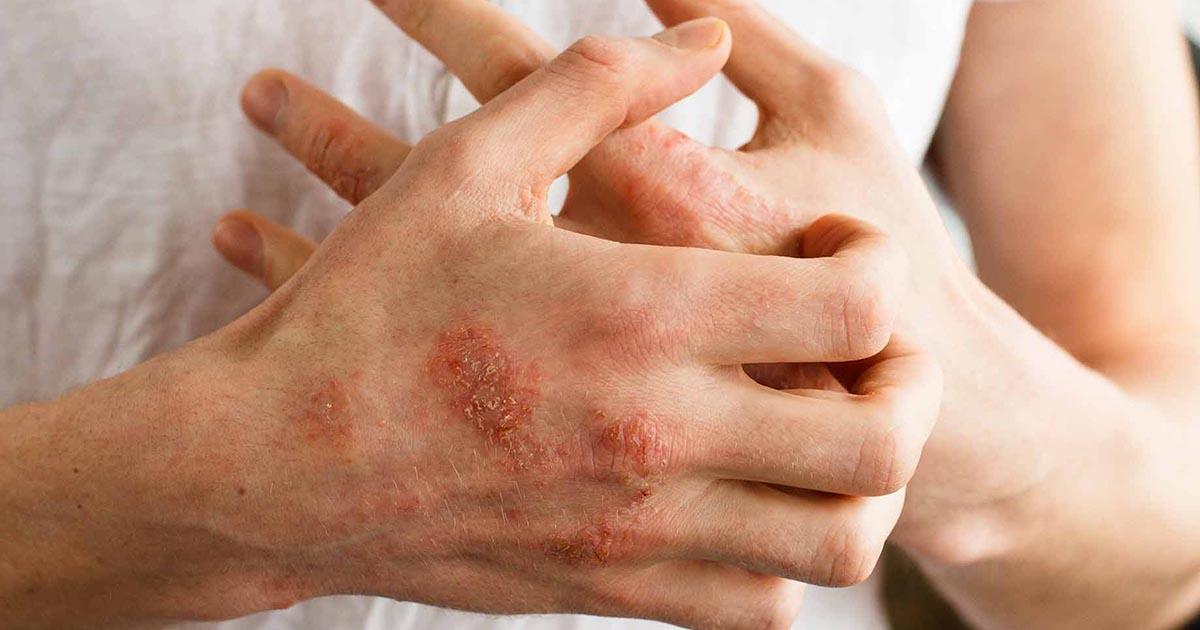Top Eczema Triggers To Avoid
Eczema is a common and painful skin condition affecting up to ten percent of the population, including many children. It is thought to be caused by a combination of environmental and inherited factors. The disorder causes patches of dehydrated skin with itching, flaking, scaling, and redness, and can cause frequent skin infections. Eczema is often associated with food and environmental allergies as well as standard household chemicals. The condition can be managed by paying careful attention to the triggers that can bring about outbreaks. These triggers can also cause existing patches to worsen. Combined with proper practices for at-home care, patients can find some relief from the bothersome symptoms of eczema.
Dry Skin

It is imperative to keep eczema-prone skin well moisturized as dehydrated skin is more likely to become cracked and infected. Patients should establish a daily skincare routine as a preventive measure. Bath oils, creams, and lotions are all products for those with eczema should consider using daily. These products should be rich in moisturizing properties and fragrance-free. When bathing or showering, patients should not use excessively hot water. Using cooler water will protect the skin from drying further, and eczema sufferers should use products containing oatmeal or baking soda as they are soothing to the skin. It is best to moisturize within three minutes of getting out of the bath or shower. When using corticosteroid creams, patients should moisturize first to promote optimal absorption into the skin.
Continue reading to find out how the air can affect eczema.